Cheap oil is costing West Asia
The oil-rich GCC countries are starting to show signs of financial stress maintaining high defense and social spending while the price of oil remains low
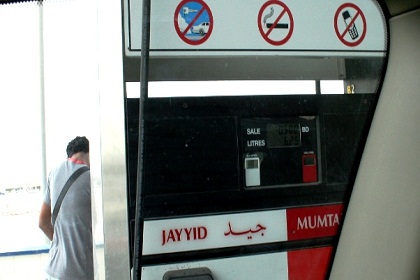 Courtesy:
Courtesy:
The oil-rich GCC countries are starting to show signs of financial stress maintaining high defense and social spending while the price of oil remains low
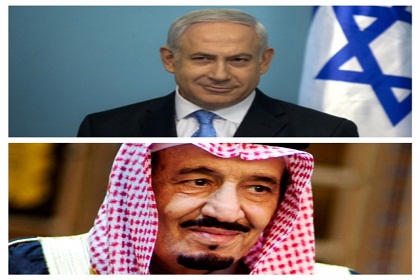 Courtesy: Wikipedia
Courtesy: Wikipedia
The announcement in June of a Saudi-Israeli alliance against Iran has to be seen in the context of the strategic dimensions of India’s relations with Saudi Arabia, Israel, Iran, and the U.S. And it has far-reaching implications for India’s policy towards West Asia
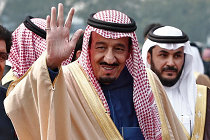 Courtesy: sodere.com
Courtesy: sodere.com
The last ten years had signalled the Saudi intention of building closer relations with India based on their immense crude oil resources and India’s growing market and skill sets. With a new king on the throne and the on-going turmoil in West Asia it is in New Delhi’s interest to initiate high-level visits with Riyadh as soon as possible
 Courtesy: http://photodivision.gov.in/
Courtesy: http://photodivision.gov.in/
Last week, petroleum prices reached a five-year low, and the fall is likely to last as new production and alternative sources enter the market. India, which has a huge petroleum products bill, now has a chance to shock-proof its economy, diversify dependence away from West Asia, and become energy-efficient
 Courtesy: wikimedia
Courtesy: wikimedia
The fall in oil prices is creating new complexities for the energy exporting economies of West Asia. With smaller profits, these countries may not be able to buy off political dissent at home and fund client governments and rebels abroad. Lower energy prices could also mean a renewed chance for peace
 Courtesy: U.S. Staff Sergeant Aaron Allmon
Courtesy: U.S. Staff Sergeant Aaron Allmon
Obama’s strategy to target the IS in Syria within the framework of a U.S.-led international coalition has met with a tepid response. There are reports that the U.S may offer India a non-NATO ally status during Modi’s upcoming visit in a bid to seek greater support – a gesture that India will do well to disregard.
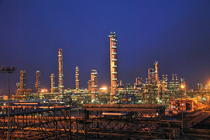 Courtesy: wikimedia\commons
Courtesy: wikimedia\commons
The growing ISIS-driven violence in Iraq highlights India’s vulnerability to the turmoil in West Asia: we heavily depend on the region for our energy. To insulate the country’s energy security from the upheavals, India must urgently diversify its sources and types of fuel, and develop its own energy ecosystem
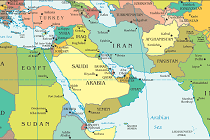 Courtesy: Wikipedia.org
Courtesy: Wikipedia.org
The rise of the militant ISIS will alter the stability and future of all West Asian countries, and can impact India in multiple ways. India must re-evaluate its West Asia policy, and address the safety of its nationals in Iraq, the security of its oil supplies, and the fallout on South Asia of this resurgence of strife
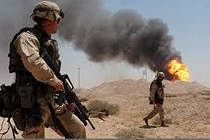 Courtesy: laprensa
Courtesy: laprensa
Over two years after American troops left Iraqi soil, the rise of the brutal ISIS is forcing a war weary U.S.to contemplate a return to the country. Amid plummeting approval ratings and divided opinions at home, President Barack Obama will have to carefully weigh the implications of a disintegrated Iraq on the U.S. and indeed, the world.
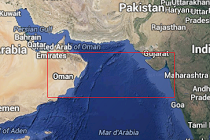 Courtesy: Google Maps
Courtesy: Google Maps
An underwater gas pipeline project connecting Oman with India’s west coast is being resurrected. Several factors explain the renewed interest, including the relaxing of sanctions against Iran and India’s need to counter-balance geopolitical and security considerations dogging other land-based projects